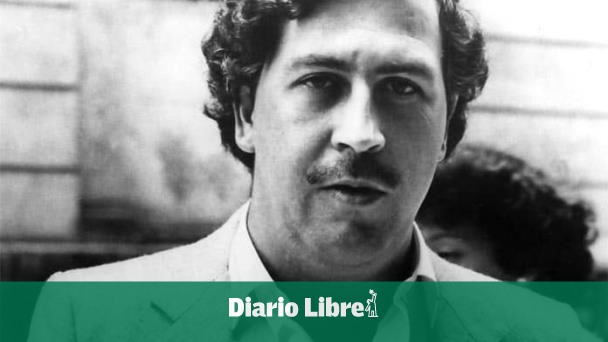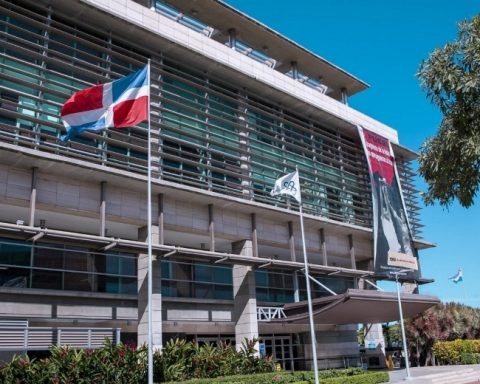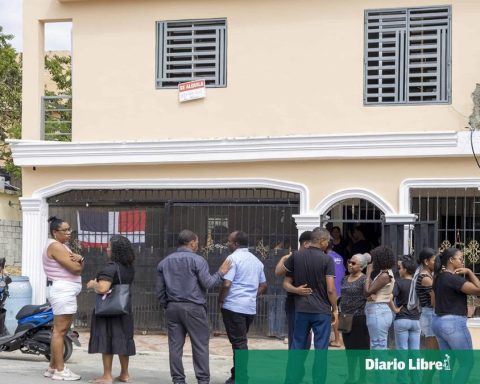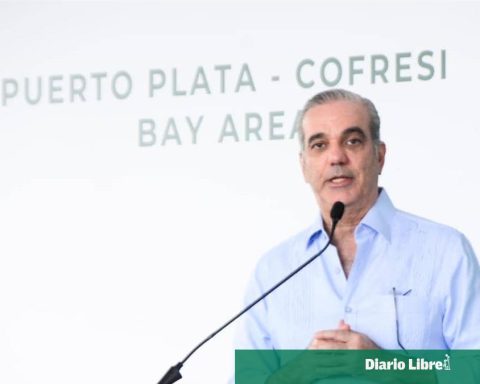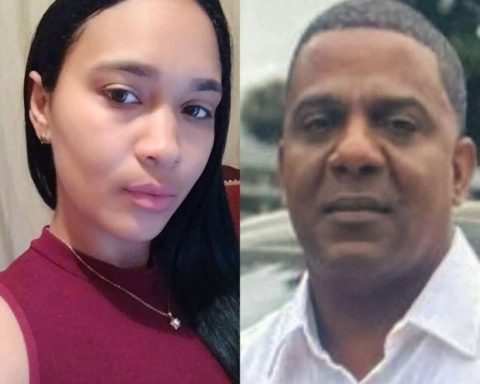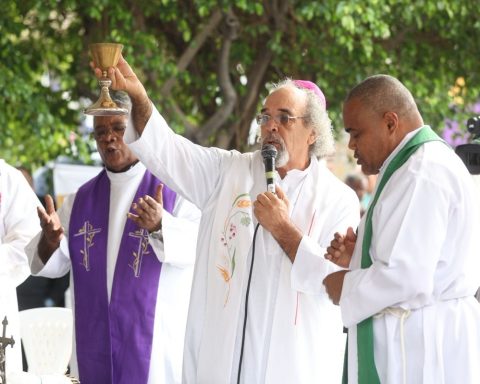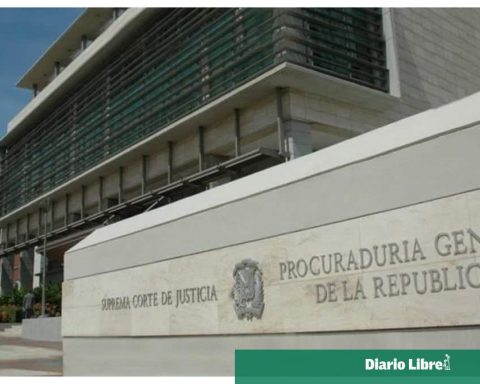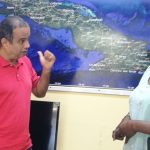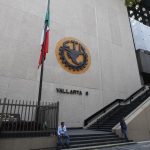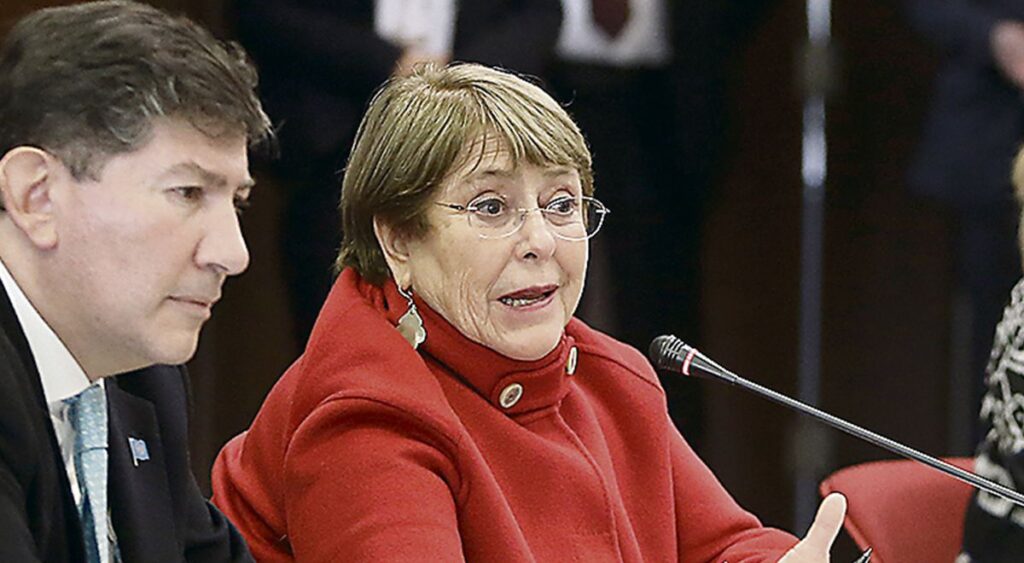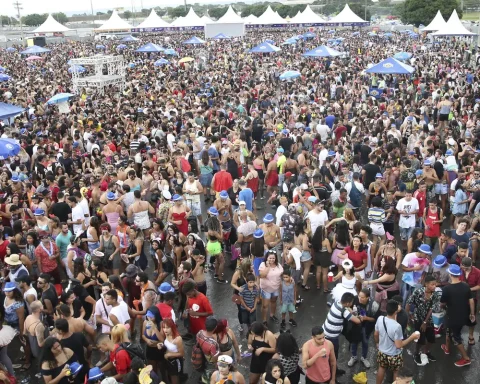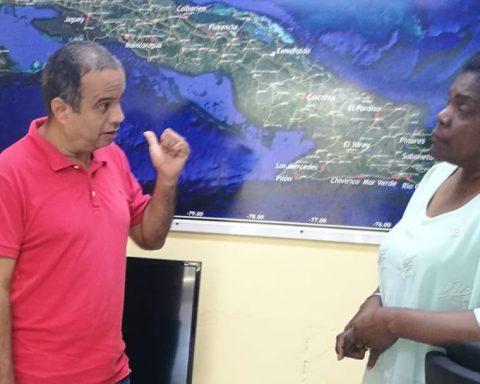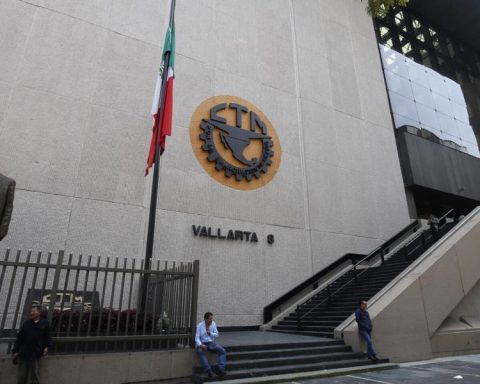The escape 30 years ago of the head of the Medellín Cartel, Pablo Escobarof La Catedral, the luxurious prison that he himself had built on a mountain near that city, is one of the greatest affronts of Colombia because it was the demonstration that drug trafficking permeated politics, the economy, justice, the Police and the Army.
This is what the writer assures in an interview with Efe Rafael Ballenauthor of “Paul’s Escape escobar“ (Editorial icon), a novel that collects that episode and is based on an investigation he did when he was delegate attorney for the Military Forces.
In the book we can find the “description of a corrupt society like that society of the 70s, 80s, 90s, it was a corrupt society at all levels: local regional and national authorities everywhere that society was touched by the money of the drug trafficking,” says the author.
In 270 pages, the author also includes the human part of the political leader Luis Carlos Galán, assassinated in August 1989, an assassination attributed by the justice system to an alliance of the Medellín Cartel with political sectors and state agents opposed to the figure of extradition that the assassinated politician defended.
“Now, on Thursday the 21st, the 30th anniversary of the escape is being celebrated, of that affront that society and the Colombian State had of seeing how a man had built his own prison, had gotten in there and lived like a king, with his people, and he did great bacchanals and when he wanted to leave the Cathedral he left”, says Ballén.
The book also collects the relation of Pablo escobar with the mafias of the United States, as well as the schedule of the escape minute by minute, from 3:30 p.m. on June 21, 1992 until 11:20 p.m., all told by its protagonists.
historical accuracy
Pablo escobar Gaviria, the drug dealer most feared of Colombiasurrendered to justice on June 19, 1991 and escaped from La Catedral 405 days later, on July 21, 1992.
The Cathedral, which was previously a rehabilitation center for drug addicts, was occupied by escobar and nine of his closest lieutenants after sealing an agreement with the then Colombian president, César Gaviria, by which the head of the drug cartel agreed to go to jail in exchange for the government revoking an extradition treaty with the United States.
Regarding the escape, “public opinion at this time does not know if it was at 11 at night or the next day, the 22nd. It really was on the 21st at 11 at night when the fog was very thick and he ate all the light from the lanterns or from the bulbs that were around the Cathedral,” says Ballén, author of more than a dozen books, including “Cenizas”, “La vida exemplario de Constantina” and “Travesías de sangre”.
“Tirofijo. Full body” and “Pablo’s escape escobar” are part of a saga of five books on the Colombian armed conflict that Ballén, a lawyer and Doctor of Law from the University of Zaragoza, has studied for more than 30 years.
Ballén remembers that escobar He decided to leave “his luxury hotel” because he learned that the Colombian government was going to change his place of confinement upon verifying that he was still committing crimes from the Cathedral, since from there he moved his criminal emporium, murdered his enemies, received visits from politicians, artists , beauty queens and even soccer players.
The prison, made to measure for the capo, gave him a view of Medellín because it was on a mountain in the La Catedral hamlet, which is part of Envigado, a city near the capital of Antioquia.
They had luxurious rooms, multiple game rooms, a gym, doll houses, a natural waterfall and even a soccer field, all with expensive finishes and fenced with electrified mesh that made the place a fortress for the capo.
double insult
According to Ballén, before what happened in La Catedral, Colombia He also suffered another affront, which is now 40 years old, since he maintains that escobar he was elected congressman when he was known to be drug dealersince in 1977 he was arrested for transporting 39 kilos of cocaine in the department of Nariño.
Nevertheless, escobar He walked the corridors of the Congress of the Republic when he was elected as substitute for Jairo Ortega, representative to the Chamber for the department of Antioquia (northwest).
“The country has suffered many affronts (…) but I think the greatest humiliation it had Colombia in those years it was his election as a congressman in the year 1982,” says Ballén.
Despite three decades of the escape of escobar and his men, Ballén believes that those involved in the case should tell the truth about what happened at that time.
“It would be very good if the truth is told,” underlines Ballén, who insists that “Colombian society endures, accepts that the truth be told” to turn that dark page of history with the commitment to “work for a new State.”
